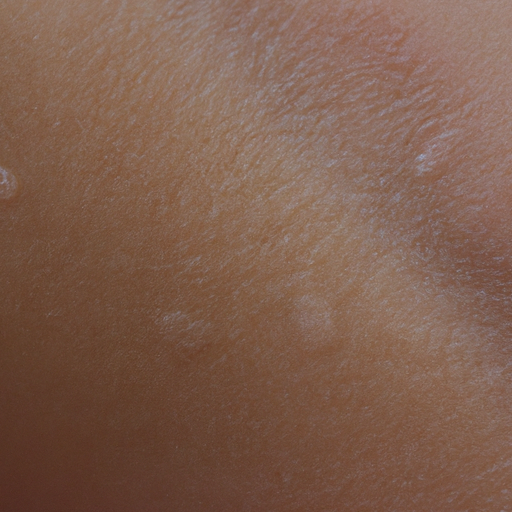As a dermatologist, I have seen countless patients who are frustrated with their oily skin. They often feel that they are in a constant battle with their complexion, struggling to keep shine at bay and prevent breakouts. However, managing oily skin doesn’t have to be a struggle. With the right knowledge and tools, you can unmask your skin’s natural radiance. Here are some dermatologists’ secrets to combat oily skin.
Firstly, it is important to understand what causes oily skin. Our skin naturally produces oil, or sebum, to keep it moisturized and healthy. However, factors like genetics, hormonal changes, diet, and stress can cause the skin to produce more oil than necessary. This excess oil can lead to a shiny appearance and clogged pores, which can result in acne.
One of the biggest misconceptions about oily skin is that it needs to be dried out. Many people with oily skin tend to use harsh, drying products in an attempt to reduce oil production. However, this can actually have the opposite effect. When the skin is stripped of its natural oils, it can trigger an overproduction of oil as a defense mechanism. Therefore, it is crucial to keep your skin hydrated. Look for oil-free and non-comedogenic moisturizers that won’t clog your pores.
Another essential step in managing oily skin is cleansing. It’s important to cleanse your face twice daily to remove excess oil and impurities. However, just like with moisturizing, you want to avoid products that are too harsh. Look for gentle cleansers that are specifically formulated for oily skin. These products will effectively remove excess oil without stripping your skin of its natural moisture.
Exfoliation is also key in combating oily skin. Exfoliating once or twice a week can help remove dead skin cells that can clog pores and lead to increased oil production and acne. However, be careful not to over-exfoliate, as this can irritate the skin and cause it to produce more oil.
Diet also plays a role in managing oily skin. Foods high in sugars, fats, and oils can stimulate oil production. Therefore, try to maintain a balanced diet that is rich in fruits, vegetables, lean proteins, and whole grains. Drinking plenty of water can also help keep your skin hydrated and healthy.
Lastly, don’t forget about the importance of sunscreen. Many people with oily skin avoid sunscreen because they fear it will make their skin more oily. However, many sunscreens are now available in lightweight, oil-free formulas that won’t clog pores or contribute to oiliness. Plus, protecting your skin from the sun’s harmful rays can help prevent premature aging and skin cancer.
In conclusion, managing oily skin is all about balance. It’s about understanding your skin’s needs and providing it with the right care. It’s about avoiding harsh, drying products and instead opting for gentle, hydrating ones. It’s about maintaining a healthy diet and protecting your skin from the sun. With these dermatologists’ secrets, you can combat oily skin and reveal your skin’s natural radiance.
Remember, everyone’s skin is different. What works for one person may not work for another. Therefore, it’s always a good idea to consult with a dermatologist to determine the best skincare routine for your specific needs. With the right care and attention, you can manage your oily skin and enjoy a healthy, radiant complexion.



